Sprint CEO Dan Hesse vigorously attacked the AT&T-T-Mobile merger in the Senate
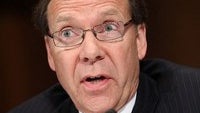
Yesterday's Senate hearing, which was concerned with the proposed AT&T-T-Mobile merger, was always going to be interesting - just for one thing, it was charmingly named "The AT&T/T-Mobile Merger: Is Humpty Dumpty Being Put Back Together Again?" - but Sprint CEO Dan Hesse played his part in this with his staunch opposition to the buyout and his well coined metaphors.
Of course, we have already heard Mr. Hesse speak against the proposed merger, but his testimony in the Congress was a powerful, well formulated verbal assault that envisaged a return to the dark ages of Ma Bell:
"The wireless industry thrives on competition, which, in turn, drives investment, innovation, consumer choice, job creation and U.S. global leadership in wireless communications."
This rather general statement was followed by his warning that innovation stagnation is imminent:
"If AT&T is permitted to devour one of the two remaining independent national wireless carriers, while the rest of the world achieves advances in technology and innovation for the 21st century, the U.S. will go backwards – toward last century’s Ma Bell."
The Sprint CEO claimed that if the merger is approved, it will result in a duopolistic control of the wireless market, which is against the interest of the public for four major reasons:
Furthermore, Dan Hesse attacked AT&T's claim that it needs T-Mobile's spectrum in order to extend its network reach in the rural areas, arguing it will reach out merely a percent more than it already does. As expected, he appealed to the Department of Justice and the Federal Communications Commission to reject the merger.
source: Sprint
"The wireless industry thrives on competition, which, in turn, drives investment, innovation, consumer choice, job creation and U.S. global leadership in wireless communications."
"If AT&T is permitted to devour one of the two remaining independent national wireless carriers, while the rest of the world achieves advances in technology and innovation for the 21st century, the U.S. will go backwards – toward last century’s Ma Bell."
The Sprint CEO claimed that if the merger is approved, it will result in a duopolistic control of the wireless market, which is against the interest of the public for four major reasons:
- AT&T and Verizon (referred to as the Twin Bells by Hesse) would be able to dictate freely the voice and data prices - and, nope, Sprint's CEO didn't suggest they will be decreased.
- He noted that the Twin Bells would be able "to raise competitors’ costs, reduce their network quality and quash competitive alternatives", because they will control most of USA's wireline infrastructure and the critical "last mile".
- Dan Hesse also said that a duopolistic wireless market would limit consumer choice, as most smartphone and tablet manufacturers would opt to release their products on Verizon and on the carrier that's formed by the AT&T-T-Mobile merger, because of their dominating market share.
- He warned that innovation would also be harmed, as developers would focus on creating content for the Twin Bells.
Furthermore, Dan Hesse attacked AT&T's claim that it needs T-Mobile's spectrum in order to extend its network reach in the rural areas, arguing it will reach out merely a percent more than it already does. As expected, he appealed to the Department of Justice and the Federal Communications Commission to reject the merger.
source: Sprint
Follow us on Google News

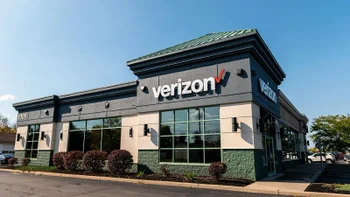
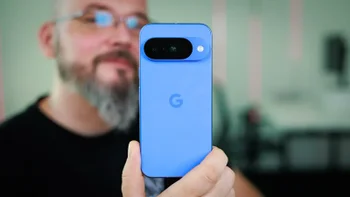



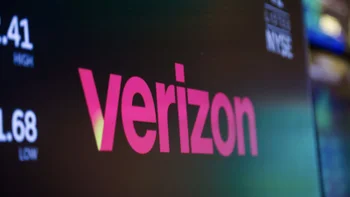
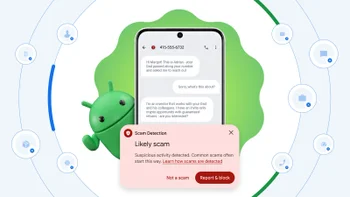



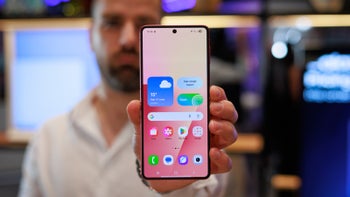

Things that are NOT allowed:
To help keep our community safe and free from spam, we apply temporary limits to newly created accounts: